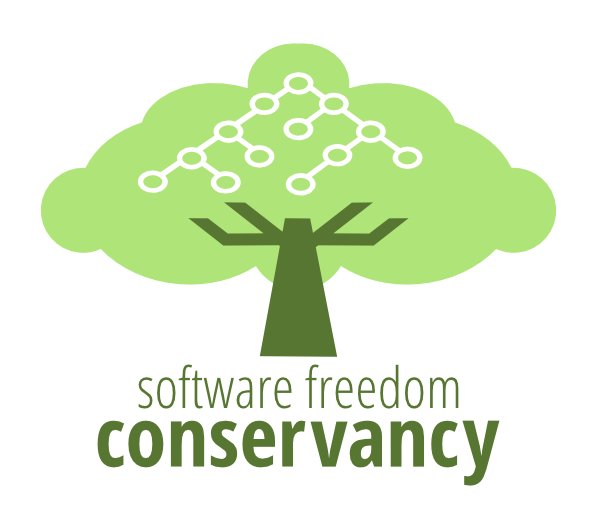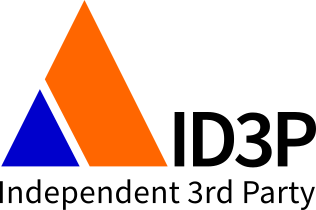
October 1, 2020
Software Freedom Conservancy, the only organization actively engaged in General Public License (GPL) enforcement and compliance work for Linux, announces today a new strategy toward improving compliance and the freedom of users of devices that contain Linux-based systems. The new work has received an initial grant from Amateur Radio Digital Communications (ARDC).
Copyleft enforcement ensures software freedom for all. Copyleft licenses require distributors to provide complete source code — including installation instructions. Without this, we do not control the software that surrounds us. Whether we want to fix simple bugs, remove functionality to protect our privacy, or completely replace device firmware, we need the ability to modify and reinstall the software on our devices. Today, Conservancy announces it is undertaking a new, multi-pronged approach to our copyleft compliance work.
Our new initiative features:
We take this holistic approach because compliance is not an end in itself, but rather a lever to help people advance technology for themselves and the world. Bradley Kuhn, Conservancy’s Policy Fellow and Hacker-in-Residence remarked: “GPL enforcement began as merely an education process more than twenty years ago. We all had hoped that industry-wide awareness of copyleft’s essential role in spreading software freedom would yield widespread, spontaneous compliance. We were simply wrong about that. Today, we observe almost universal failure in compliance throughout the (so-called) Internet of Things (IoT) market. Only unrelenting enforcement that holds companies accountable can change this abysmal reality. ARDC, a visionary grant-maker, recognizes the value of systemic enforcement that utilizes the legal system to regain software freedom. That process also catalyzes community-led projects to build liberated firmware for many devices.”
ARDC has long served the amateur radio community who were early adopters of Internet communication. These roots have grown from the deeper soils of wireless and digital communication and open access to technical information. Amateur radio operators have long practiced the tradition of individual technical experimentation that benefited the general public. These traditions also form the basis of software freedom. Hobbyists and volunteers built, modified and improved Free and Open Source Software (FOSS) first. Conservancy defends the rights of software developers to examine the code in their devices and assists their work to improve the platforms they rely on and to understand our communication technologies. Copyleft compliance enables this work to continue and expand to new kinds of devices.
Rosy Wolfe, ARDC’s Executive Director commented: “GPL enforcement is notoriously difficult, and yet it is necessary to deter self-serving actors who want the benefits of community software but won’t follow the rules. Thus Conservancy’s efforts in this arena are critical, and we are honored to support them in this work.”
When companies prevent us from actually modifying the software on our devices, software freedom remains only theoretical. In this new chapter of compliance work, Conservancy will leverage its technical and legal resources to help the public take control of the software on which they rely. This generous grant from ARDC is a first step. Please help in the next step through support of Conservancy’s work with a donation. You can also email compliance@sfconservancy.org to let us know about GPL violations or to discuss volunteering on these projects.
